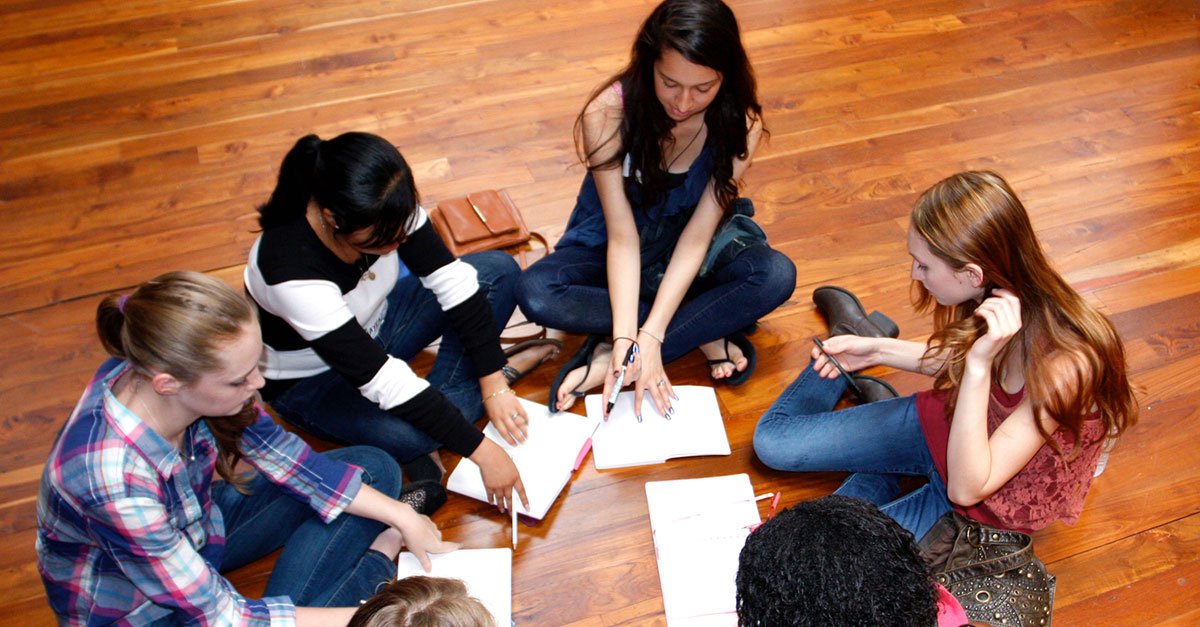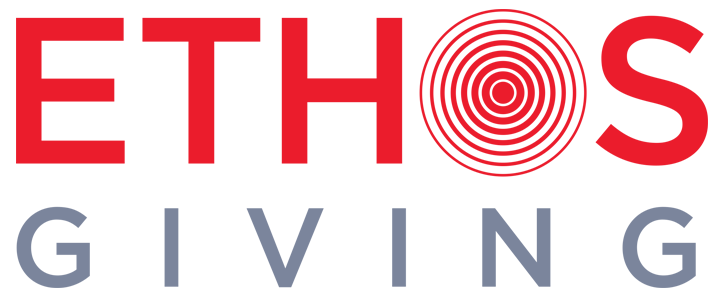
03 Dec Giving Tuesday
This Giving Tuesday, we are feeling inspired by Melinda Gates’ recent $1 billion pledge “to expand women’s power and influence in the United States.” She rightly points out that gender equality is a vastly underfunded issue area.
Setting women up to succeed in life and in leadership starts with supporting healthy, happy communities and raising strong, confident girls.
However, many of our institutions are failing to accomplish this. According to a KPMG Women’s Leadership Study, by adulthood, less than half of women personally identify with feeling confident despite recognizing confidence as a key leadership trait. We need to reverse this confidence deficit to reach gender parity in leadership.
So, how can funders make a greater impact in advancing gender equality? We have compiled our “good ideas for the taking” below.
Female Participation in Sports
Sports are a natural catalyst for leadership development. In fact, a joint study by EY and espnW found that 94% of women in executive level leadership played a sport while growing up. However, girls’ participation in sports is on the decline. The Aspen Institute’s Project Play finds that girls are two to three times more likely than boys to drop out of sports between 8th and 12th grades due to lack of access, prioritization of academics, and high costs of participation.
Funders can support female athletic programs by:
- Investing in female coaches.
- Subsidizing uniform, equipment, and transportation costs.
- Creating dedicated play spaces for females.
- Sponsoring tickets for young athletes to attend professional women’s sports games.
- Providing academic support for female athletes.
- Supporting organizations that promote gender equality in sports like Play Like a Girl, Girls in the Game, Girls on the Run, and SheJumps.
Female Representation in Male-Dominated Fields
We have established that there is a women’s leadership gap. Worse, women are drastically outnumbered in several of the economy’s most dominant fields. Females are underrepresented in these fields in part because our society unconsciously trains girls to associate certain activities with boys at an extremely early age. In a University of Washington study, the six-year-old girls surveyed held stereotypes that boys are superior at programming and robotics. However, when given the opportunity to try these types of activities, the same girls exhibited similar levels of interest and self-efficacy for programming and robotics as boys. Regardless of the associated gender stereotypes, girls should be exposed to a variety of activities when they are young and encouraged to continue pursuing their interests.
Funders can reduce gender stereotypes and expand female representation in male-dominated fields by:
- Hosting workshops that teach parents how to model gender equality at home.
- Awarding “Equality Grants” to help teachers promote gender equality in their classrooms and sponsoring reading materials, games and lesson plans that reflect gender equality.
- Offering test preparation, college guidance and career exploration resources to high school girls.
- Supporting organizations that promote gender equality in STEM (Girls Who Code, Built by Girls, DIY Girls) and other activities (WriteGirl, Girls Rock Camp Alliance, Girl Be Heard).
Female Mentorship Opportunities
Quality mentorship is critical to women’s success and ascent to power. However, many mentoring programs are targeted toward women in the workforce. While these programs are beneficial, girls and young women often need support earlier on to help them enter the workforce. A study by Canada’s Centre for Addiction and Mental Health finds that girls who participate in formalized mentoring programs are more academically motivated, exhibit fewer behavioral problems and gain expanded professional networks.
Funders can facilitate effective mentorship programs in-person and online by:
- Recruiting mentors from underrepresented fields and backgrounds.
- Facilitating trainings on successful mentoring techniques.
- Offering structured mentoring sessions that include guided conversations and shared experiences.
- Hosting professional development workshops for girls from local high schools and offering paid volunteer opportunities to female employees.
- Supporting organizations that promote mentorship like Girls Inc., Step Up, and Career Girls.
Melinda Gates is right – gender equality can’t wait. Let’s get to work.


